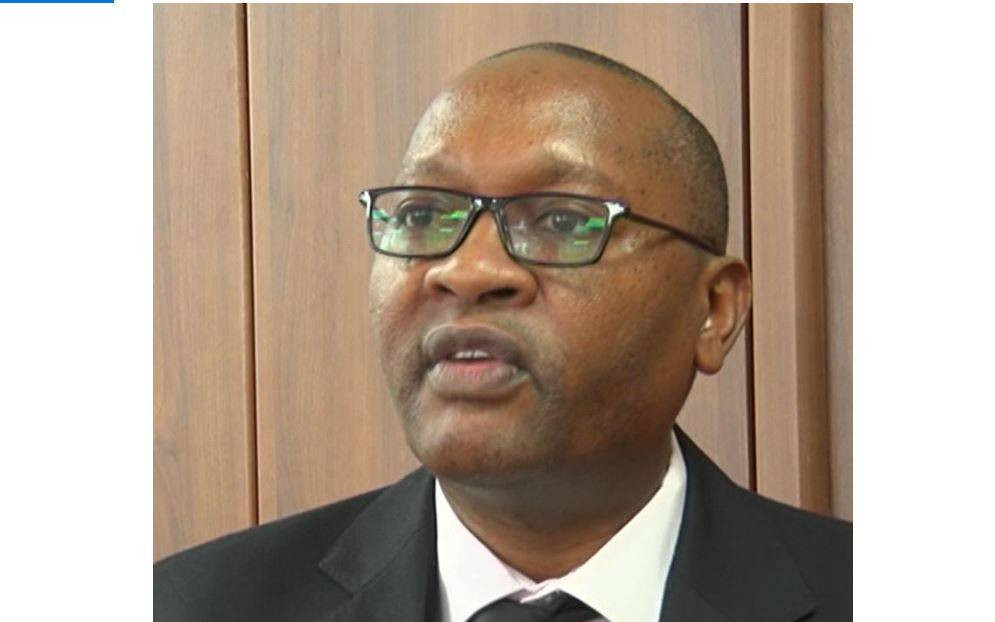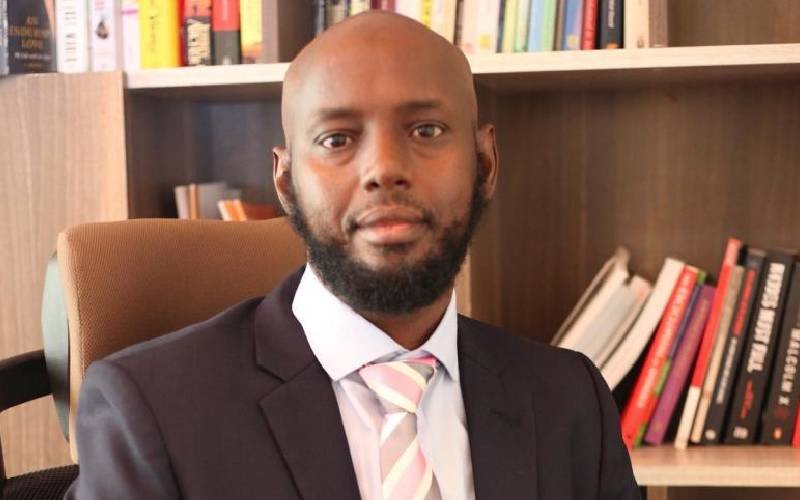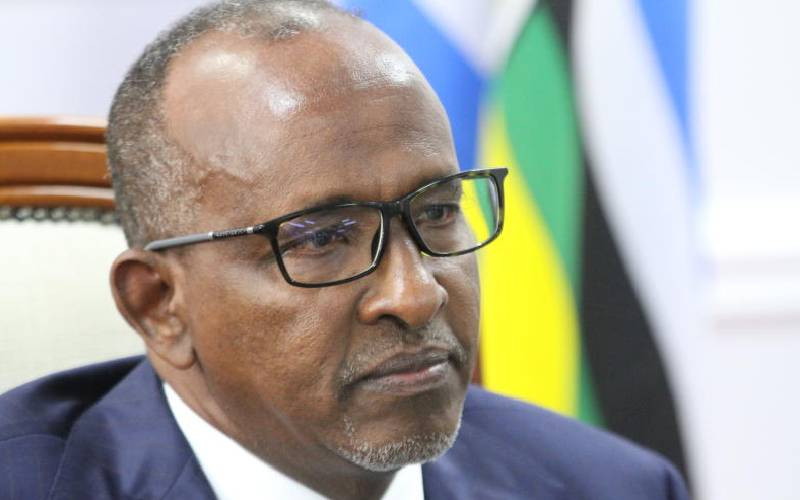
Sammy Muthui Chief Executive Officer (CEO) Minet Kenya. [Courtesy]
The Social Health Insurance Act (SHIA), which provides Social Health Authority (SHA), offers the possibility of a public-private partnership (PPP) with private medical insurance companies.
However, if recent developments are anything to go by, the PPP model could be a pipe dream.
On December 1, 2025, teachers will be wholly insured by SHA if plans to migrate all the tutors go through.
Teachers Service Commission (TSC) said by December 1, all the 460,000 teachers will be treated under the newly established Public Health Medical Schemes Fund.
“The client is king. We are only administrators. Currently we have an existing contract with Teachers Service Commission (TSC) that will be coming to an end in November 2025,” Edwin Kegode, the General Manager of Managed Medical Care at Minet, told The Standard.
TSC’s medical insurance has been administered by AON/Minet for 10 years now. The total value of the insurance package is Sh20 billion for the year ending November 31.
If TSC was to fully take up SHA the move would certainly have an impact on business, Kegode says.
- Health crisis brews as SHA halts monthly payments for millions
- SHIF deductions are legal, Duale says
- SHA's Sh100b digital highway fails to curb fraudulent claims
- Ex-NHIF staff face over massive salary cuts after deployment to PSC
Keep Reading
Hypothetically, we asked, if all government agencies were to follow suit and completely drop private medical covers for Public Health Medical Schemes Fund, who and what would be affected.
Minet chief executive Sammy Muthui said: “If that were the case it will have a significant impact on the private health insurance industry for sure.”
Tom Gichuhi, the Executive Director at Association of Kenya Insurers (AKI), had similar thoughts, saying: “The private sector is certainly going to lose a huge chunk of premiums; and this would have repercussions.”
Gichuhi says three things would worry him: “I would be very concerned about the effect it would have on insurance penetration (which is still quite low in Kenya). I would also be concerned about the quality of services those being moved would receive compared to what they are getting now. And, I would be concerned about potential job losses.”
According to Gichuhi, the civil servants are unlikely to receive the same quality of health care under SHA.
But also of great concern would be potential job losses. He says: “I don’t have the exact numbers but government agencies probably account for 50 per cent of premiums in the private insurance industry.
“Furthermore, medical insurance currently is the biggest contributor of premiums for the general insurance companies: accounting for about 35 per cent. If this was to take root and be implemented across board the affected businesses will have to scale down.
“Businesses are administered by people. You cannot expect them to continue keeping the same number of employees they had before if they have already lost billions in premiums.”
Muthui on his part called for the adoption and realization of a private-public-partnership (PPP) for medical insurance in the country.
“According to Social Health Insurance Act (SHIA), which gave us Social Health Authority (SHA), the national insurer can partner with the private sector – medical insurance providers and claims settlement agents – to accomplish Social Health Insurance Fund (SHIF),” he says.
Muthui says there are various PPP models that could be adopted. For example, SHA can be the underwriter and the private sector can do administration. Or, he says, SHA and private insurers could share risk.
“It is better this way rather than saying everything leaves private sector,” he opined.
While praising SHA, Muthui explained that both the national insurer and the private sector have strengths that can be harnessed.
“SHA is probably one of the best attempts towards the realisation of UHC. But also, if you read SHIA, it actually promotes the PPP model. The government can't do it alone on its own. Private sector can't do it on their own.
“The private sector has its strengths as well; such as efficiency. If you combine those two in a PPP model, then everyone is a winner.
“So we pray that the end game will be that all of us have a part to play in the management of these big schemes because one person can't do everything.”
If the directive is given for all civil servants to rely on SHA only, Gichuhi says private insurance players would certainly need to regroup and figure out how best to move forward.
"What would it mean if every Kenyan employer was asked to wholly take up SHA for its employees?” we asked Gichuhi.
He responded: “If I'm seeking healthcare services, I should not be limited in terms of where I should seek it. In my view, the government's responsibility is to provide the primary healthcare. Then any specialised and high-end healthcare services should be left to be procured from the private insurers. Healthcare needs, particularly in terms of quality, are not uniform as people may think. Chances are that the needs of person X are very different from the needs of person Y.”
 The Standard Group Plc is a multi-media organization with investments in media
platforms spanning newspaper print
operations, television, radio broadcasting, digital and online services. The
Standard Group is recognized as a
leading multi-media house in Kenya with a key influence in matters of national
and international interest.
The Standard Group Plc is a multi-media organization with investments in media
platforms spanning newspaper print
operations, television, radio broadcasting, digital and online services. The
Standard Group is recognized as a
leading multi-media house in Kenya with a key influence in matters of national
and international interest.











